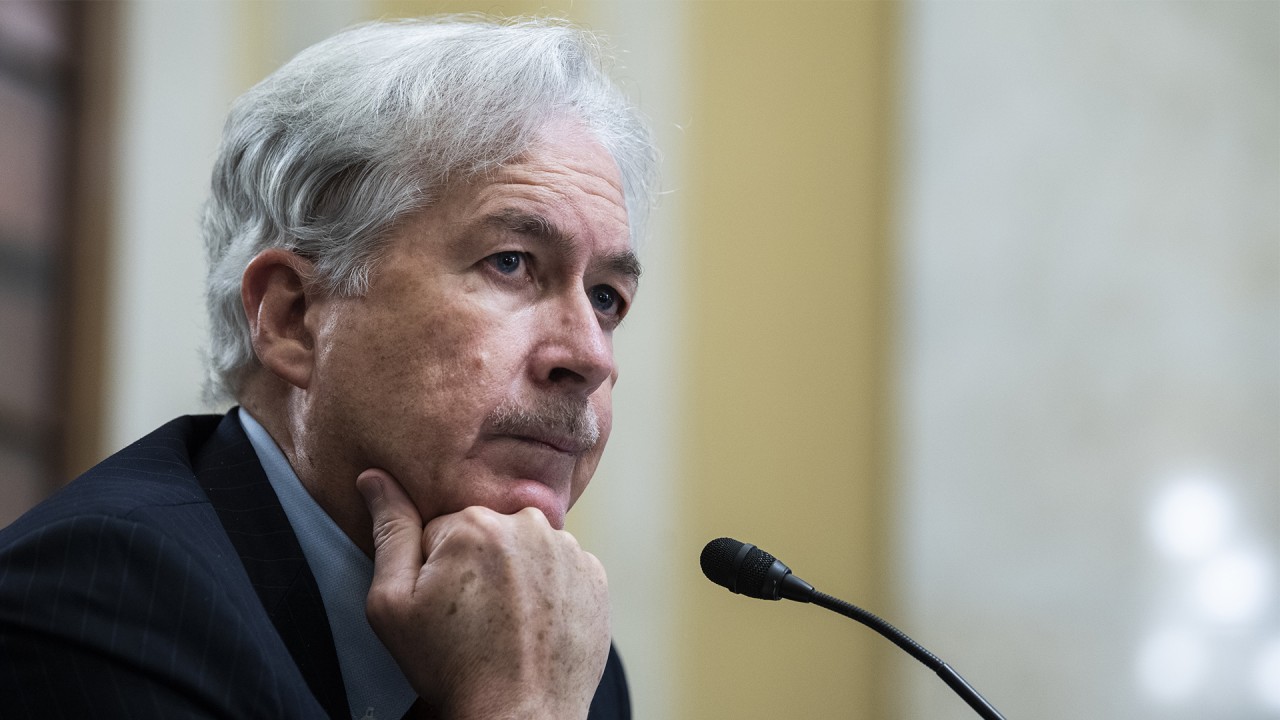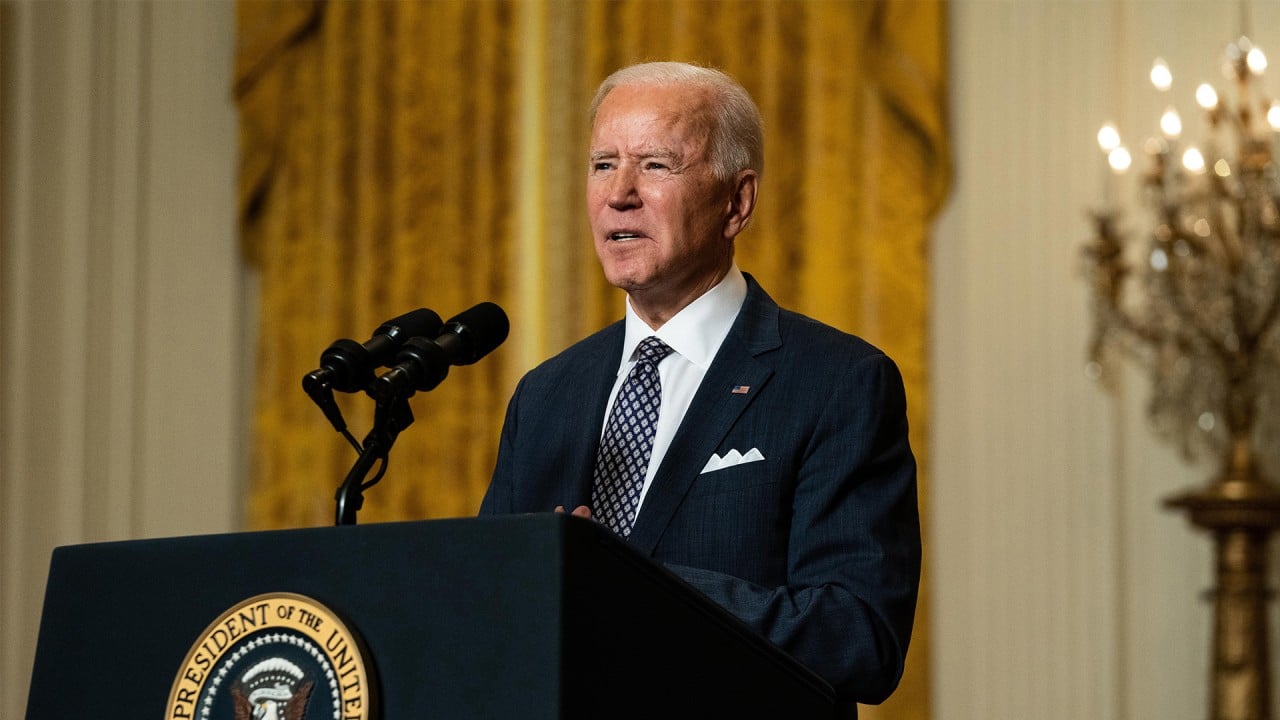
Joe Biden’s CIA nominee William Burns calls China an ‘authoritarian adversary’
- Out-competing the Asian superpower will be key to US national security, Burns says at his Senate confirmation hearing
- The long-time diplomat says if he were a US college or university president, he would recommend shutting down Confucius Institutes
US President Joe Biden’s nominee to be director of the CIA, William Burns, told a Senate committee on Wednesday that he saw competition with China – and countering its “adversarial, predatory” leadership – as the key to US national security.
Burns, 64, a former career diplomat who worked in both Democratic and Republican administrations, is expected to easily win confirmation to be director of the Central Intelligence Agency. Burns has already been confirmed by the Senate five times for his stints as ambassador to Jordan and Russia and three senior positions at the State Department.
Testifying to the Senate Intelligence Committee, Burns outlined his four top priorities – “people, partnerships, China and technology” – if he is confirmed to head the agency, according to a US official familiar with the issue.
“Out-competing China will be key to our national security in the days ahead,” Burns said at his confirmation hearing.

01:31
Joe Biden’s CIA pick calls China an ‘authoritarian adversary’
He called China “a formidable, authoritarian adversary,” that is strengthening its ability to steal intellectual property, repress its people, expand its reach and build influence within the United States.
During questioning, Burns said that if he were a US college or university president, he would recommend shutting down Confucius Institutes – Beijing-funded campus cultural centres that many members of Congress see as propaganda tools.
Burns was introduced at the hearing by bipartisan foreign policy heavyweights – former Secretary of State James Baker and former CIA director Leon Panetta. He would be the first career diplomat to lead the agency.
Senators from both parties praised Burns during an unusually amicable two-hour hearing. Republican Richard Burr, a former committee chairman, said he looked forward to Burns’ confirmation. Democrat Ron Wyden praised Burns’ record on human rights and said he would support him.
What is the Quad, and how will it impact US-China relations under Biden?
Competition with China is a top priority for the Biden administration – and for members of Congress, who want a tough line toward Beijing. Russian aggression is a constant concern, especially its involvement in US elections and the recent SolarWinds hack that penetrated government agencies and that US officials have blamed on Russian hackers.
Burns said the Biden administration would soon produce an assessment of Russia-related issues, including the SolarWinds hack.
Burns said “familiar” threats persist, including from Russia, North Korea and Iran. He also said climate change, global health issues and cyber threats are great risks, and “an adversarial, predatory Chinese leadership poses our biggest geopolitical test”.

03:29
US and EU must prepare for ‘long-term strategic competition with China’, says Biden
Burns helped lead secret talks with Iran in 2013 that helped pave the way for the international nuclear deal, which was opposed by Republicans. He told the hearing that Iran must not be allowed to have a nuclear weapon.
The Biden administration offered last week to sit down with the Iranians and other parties to the 2015 pact to see if there is a way to return to the agreement, after former Republican President Donald Trump withdrew in 2018.
Burns’ arrival at the CIA would come after a difficult four years under Trump, who frequently disregarded spy agencies’ findings, especially the determination that Russia interfered in the 2016 election to boost his chances of winning the White House.
Senator Mark Warner, the committee’s Democratic chairman, stressed that point in his opening remarks.
“I would like to hear how you plan to reinforce the credo that – no matter the political pressure, no matter what – CIA’s officers will always do the right thing and speak truth to power,” Warner said.
Biden has been able to get most of his national security team into place with support from many Senate Republicans as well as Democrats. Secretary of State Antony Blinken, Secretary of Defence Lloyd Austin and Director of National Intelligence Avril Haines all easily won confirmation.

